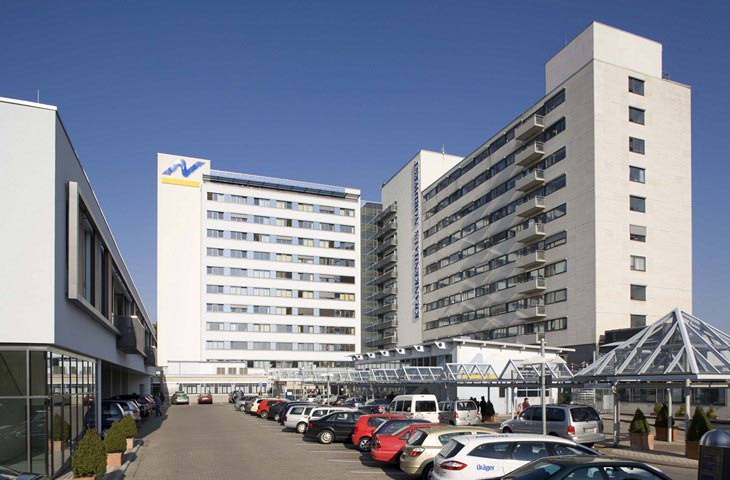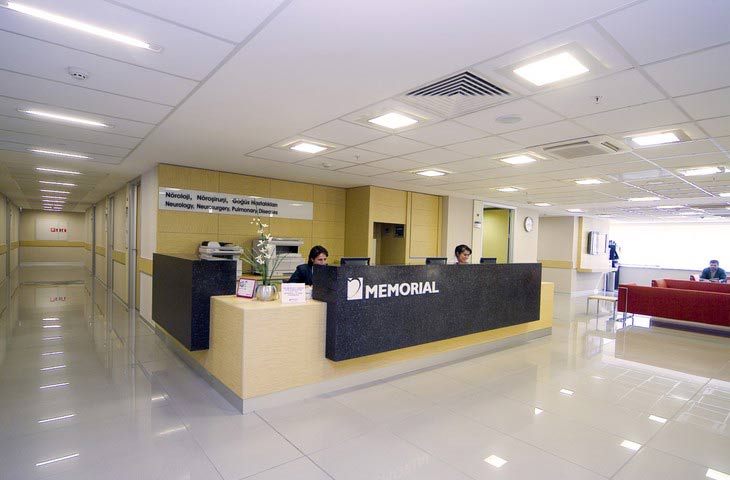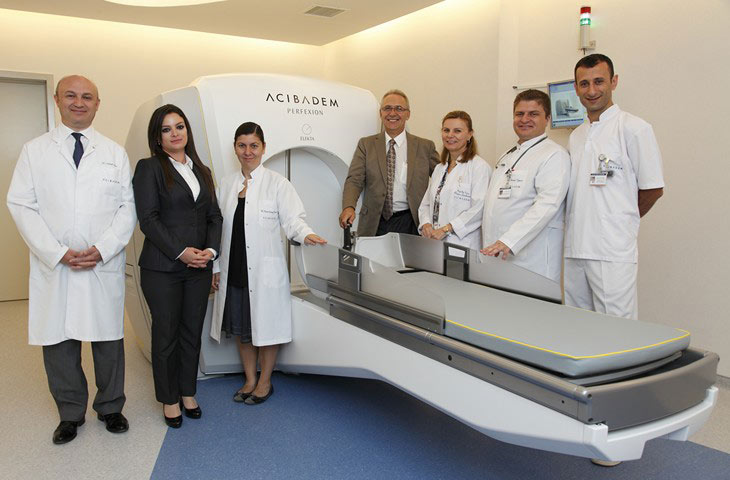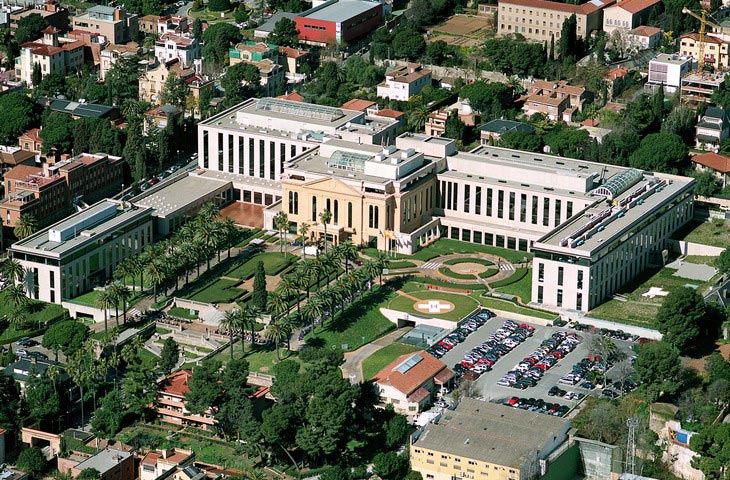Neurology and neurosurgery heavily rely on follow-up care
Neurology and neurosurgery are good friends in many cases walking hand-in-hand to handle conditions related to our nervous system including spinal cord, brain, and peripheral nerves. European clinics register over 1 million patients in need of neurosurgical assistance on a yearly basis, 6.3 million people worldwide live with Parkinson’s disease while 3 million Americans suffer from epilepsy.
Disorders that neurologists/neurosurgeons focus on cover:
- head and spinal chord injury
- brain tumours
- movement disorders
- Parkinson’s Disease
- stroke
- herniated disk
- craniosynostosis
- etc.
Available treatments include deep brain stimulation, neuro-endoscopy, craniotomy for tumors, epilepsy surgery, CyberKnife, interventional neuroradiology, etc. These two specialties are tightly intertwined with each other heavily relying on the importance of after-care. Physical rehab, ketogenic diet to weaken attacks, drug treatment, and respiratory care usually define effectiveness and speed of recovery.
5 questions to ask your neurologist/neurosurgeon during your first appointment at an overseas clinic:
- What is your education/experience in neurosurgery?
- What type of anesthesia will you be using: general or local?
- How does the follow-up care look like?
- How long will the treatment last and how much will it cost?
- What are possible side effects of the procedure?
Overseas patients looking for treatment options in neurology also inquire about oncology, immunotherapy, and eye care.






